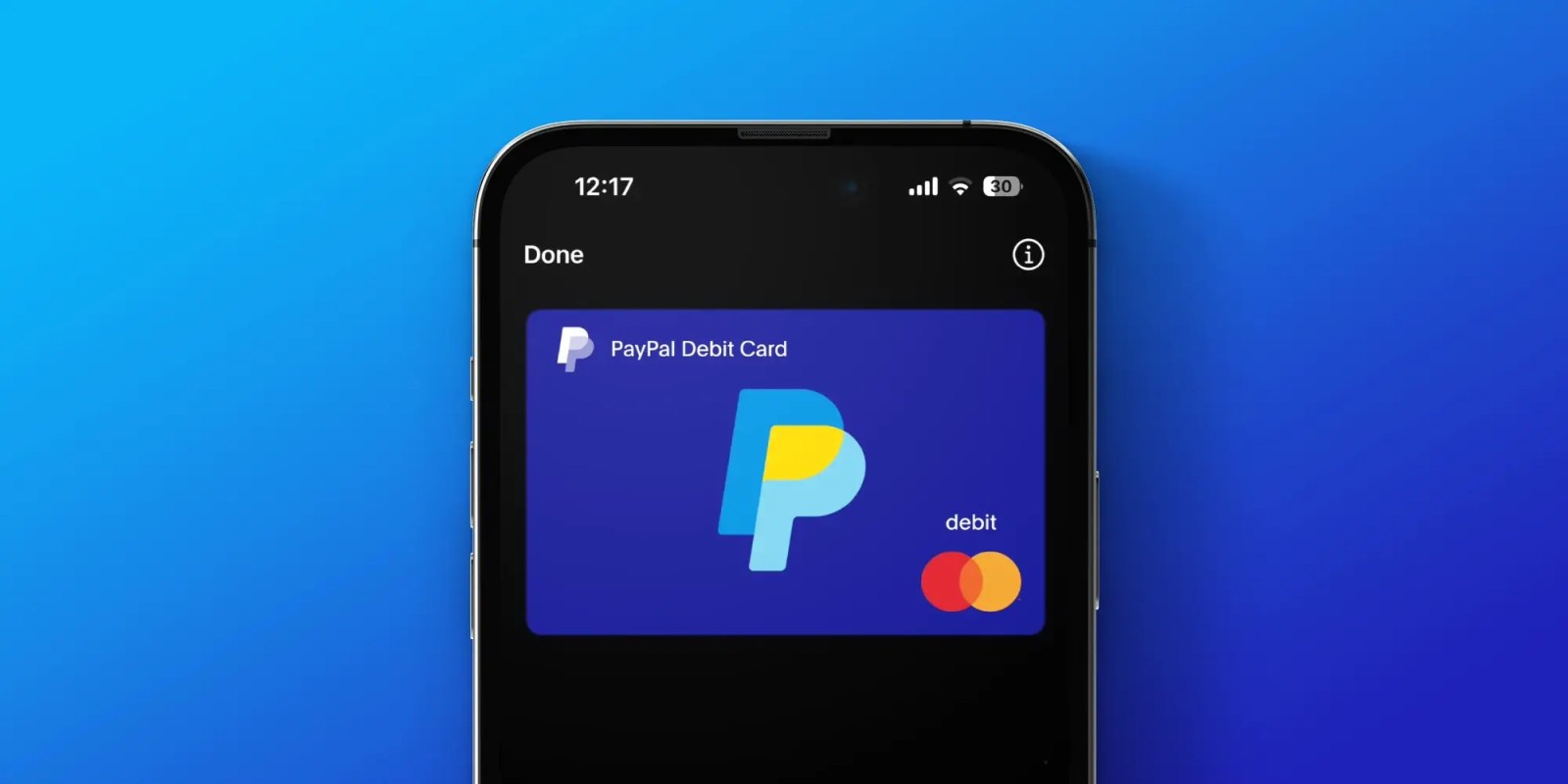PYUSD on Arbitrum
Jul 31, 2025
9 min read
We are excited to announce that PayPal USD is now available on Arbitrum —, the fast, cost-efficient, developer-focused Layer 2 blockchain protocol. This is the first integration of PYUSD with an L2, opening up use cases for B2B payments, cross-border payments, and more.
What Is PYUSD?
PayPal USD (PYUSD) is a stablecoin—, a cryptocurrency designed to maintain a stable value yet still provide the benefits of blockchain with fast, cost-effective transactions.
PYUSD is an open, fully-backed, US dollar-denominated stablecoin designed for payments. It was created from the ground up to provide the technology needed for the future of digital payments.
PYUSD Is Now Available on Arbitrum
PYUSD is now available on Arbitrum offering near-instant settlements, low- to no-cost transactions, and integration into apps inside and outside of the PayPal ecosystem.
PYUSD on Arbitrum combines fast, cheap transactions with a stable, widely-used digital dollar, making it ideal for international transfers, crypto payments, and business transactions.
PYUSD is issued by Paxos Trust Company, LLC (Paxos), a limited purpose trust company regulated by the New York State Department of Financial Services (NYDFS) . PYUSD is 100% backed by high-quality liquid assets and is redeemable 1:1 via PayPal for U.S. dollars.
PYUSD Is Built for Payments
PYUSD is built for payments. It’s open and programmable, meaning it can be seamlessly integrated into apps and workflows, enabling use cases such as:
Cross-border peer-to-peer transfers - individuals can send funds to eligible recipients with a compatible wallet and get near-instant settlement at minimal to no cost. With over $685 billion USD in fiat payments sent in 2024 alone to low- and middle-income countries, this could be especially impactful for individuals in these disadvantaged countries.
Business-to-business transfers - with the open and programmable PYUSD on Arbitrum, businesses can create new solutions that solve the issues with many legacy rails such as slow settlements and high fees. These pain points are even more pronounced when working with cross-border B2B payments, where multiple entities or currencies can be involved.
Global Payouts - global payouts can be complicated, with multiple combinations of regional banks, local currencies, correspondent banking, and digital wallet rails. But with PYUSD, funds can be sent to any eligible wallet in the world quickly, directly, and easily.
Microtransactions - with their high fees, microtransactions have traditionally been challenging to implement. But with Arbitrum’s low transaction costs, tipping, in-game purchases, paying content creators per read, and more are possible.
Web3 payments - Web3 is a natural use case for the blockchain-based PYUSD. Web3 merchants want—and need—natively digital rails and stable currencies.
Arbitrum: A Leading L2 Protocol
Arbitrum, launched by Offchain Labs in 2021, is a leading protocol with over 300,000 active users/wallets per day, over 1,635,000,000 processed transactions, and over 60,000,000 unique addresses.
Arbitrum is an L2 protocol. Layer one (L1) blockchains, such as Ethereum, Solana, and Stellar, are foundational blockchain protocols. These L1s are where transactions are validated, ordered, and secured by the network’s native consensus mechanism. The data stored in an L1 is the final “source of truth” for that protocol.
However, L1 blockchains are often expensive and slow. While their security, robustness, and decentralization are emphasized, speed, costs, and user experience are often secondary. For example, Ethereum typically processes ~15 transactions per second (TPS) and can charge transaction fees in the hundreds of dollars during times of high congestion.
Arbitrum is an L2 protocol—it sits on top of an L1. L2s do most everything an L1 can do (support smart contracts, host user accounts, etc.), but are built to be fast, cheap, and scalable. L2s emphasize user experience while relying on the finality and decentralization of L1s.
On an L2 protocol, transactions are typically processed first on the L2, then batched periodically and sent to the L1 for inclusion in the core protocol using the L1’s validation and security.
In short, L2s are built to be faster, cheaper, and more scalable than L1s, yet partner with the L1 to offer the security of the base L1 chain.
In addition to the L2 speed, predictable low costs, and an Ethereum-level security model, developers building with PYUSD on Arbitrum gain several advantages:
Full EVM equivalence: Arbitrum offers full EVM equivalence, meaning smart contracts written for Ethereum also run on Arbitrum with no changes (and vice versa). So teams with existing projects that have already written and deployed Solidity contracts on Ethereum can deploy those contracts to Arbitrum, and take advantage of everything the L2 offers, with no code changes.
Battle-tested fraud proofs: Arbitrum is battle-tested, with bounties and third-party provers live since 2021.
Popular: Arbitrum routinely processes 1,000,000–2,000,000 transactions per day and has peaked above 5,000,000 transactions in a single 24-hour period. The ecosystem has also passed 2,500 monthly active developers.
How To Get PYUSD
You can get PYUSD on Arbitrum in two ways.
First, PYUSD is available on available on many major wallets and exchanges.
Second, PYUSD is also available for eligible persons to buy, sell, and use within the PayPal ecosystem itself, through PayPal and Venmo.
Using PYUSD on PayPal
PYUSD can be bought by eligible persons on PayPal and Venmo using both the web and mobile apps. Simply select “Crypto'' from the main screen:
 Buying Crypto on PayPal
Buying Crypto on PayPal
Select “Buy” and select PayPal USD (PYUSD). Enter a dollar amount, click “Buy,” and your USD will be exchanged 1:1 for an equivalent amount of PYUSD and deposited to your wallet.

Buying PYUSD on Venmo

Buying PYUSD on PayPal
With the PYUSD in your wallet, you can now:
Send your PYUSD to another eligible PayPal or Venmo user
Send your PYUSD to any compatible user/wallet external to PayPal
Convert your PYUSD to some other crypto (for example Bitcoin)
Sell your PYUSD back 1:1 for USD
Earn rewards on PYUSD held in your eligible PayPal or Venmo account
 PYUSD options in PayPal
PYUSD options in PayPal
Integrating and Using PYUSD in Your Arbitrum Apps
Integrating PYUSD into your apps on Arbitrum is straightforward. PYUSD is a fully-compliant ERC-20 token. This means it is already interoperable, out-of-the-box, with all other protocols or apps that support ERC-20s, including leading DeFi apps and Ethereum itself.
For more information on building on Arbitrum, check out these resources:
The Arbitrum developer hub
Arbitrum developer portal
Bridging (the ability to move PYUSD from one network to another) is supported via LayerZero OFT integration. With LayerZero, you can programmatically move PYUSD among Arbitrum, Solana, and Ethereum. For more information, read our guide to using PYUSD on LayerZero.
To test your PYUSD and your apps on Arbitrum, use the testnet Arbitrum Sepolia. Testnets in Web3 are sandbox environments where developers can build and test their apps without risking real funds. (See an overview of Arbitrum networks here.)
As a test network, Arbitrum Sepolia uses corresponding test versions of tokens such as PYUSD and ETH. These test tokens allow developers to deploy and interact with smart contracts, test transactions and gas estimation, verify wallet integrations, and more. Unlike mainnet tokens, these testnet tokens have no real-world value.
Test PYUSD is available for free using the Google Cloud Web3 faucet or the Paxos faucet.
Get Started Today
When you build with PYUSD on Abitrum, you’re building a payments future that is efficient, inclusive, and ready for the new era of digital commerce.
To get started today, learn more in our whitepaper, explore the PYUSD developer ecosystem, and mint testnet PYUSD.
Recommended

Managing Recurring Payments with Apple Pay Using PayPal
4 min read

Why You Should Attend PayPal’s Developer Meetup at Money20/20
4 min read

Building a Customizable Messaging Platform
10 min read
